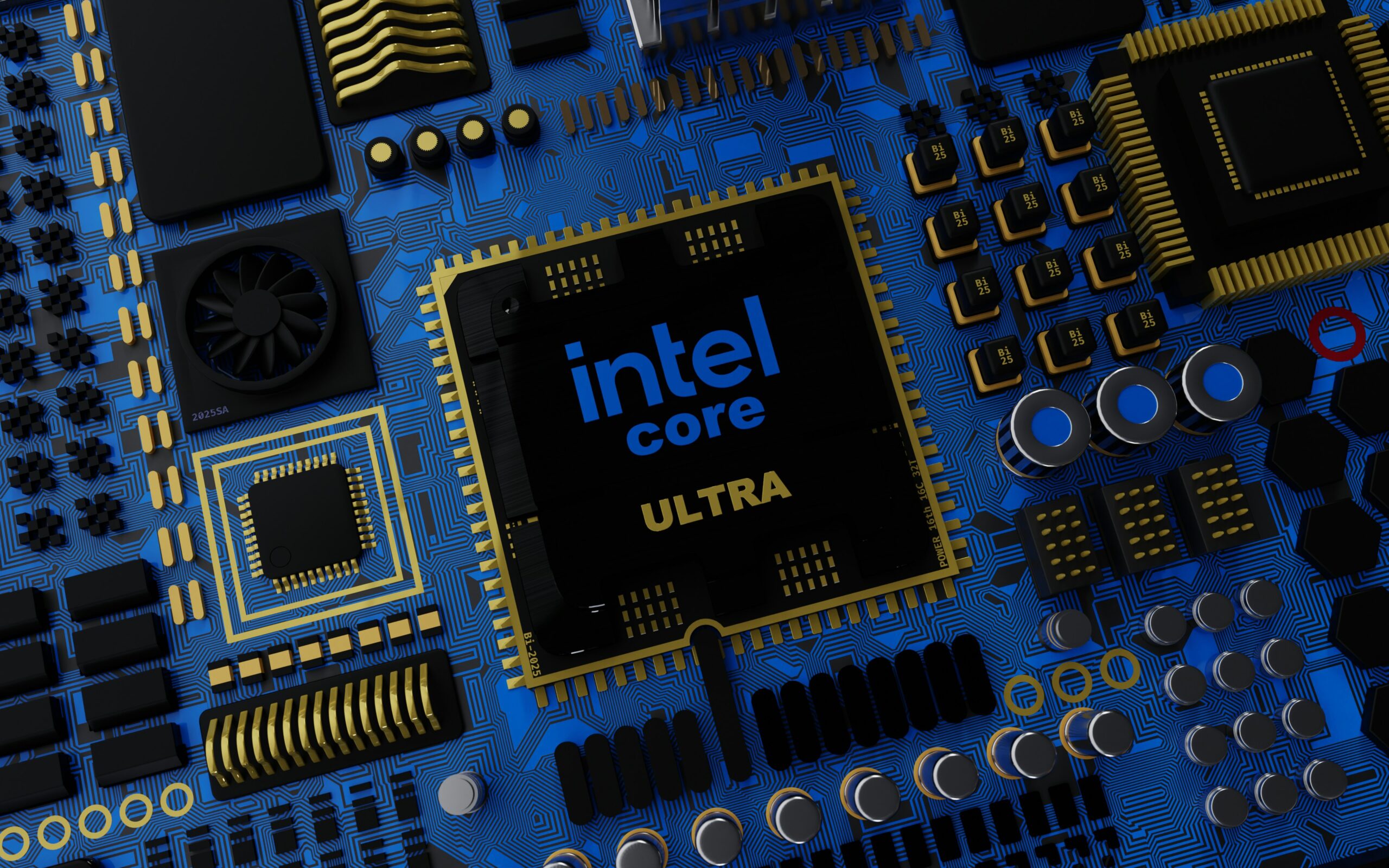Image credit: Unsplash
One of the biggest winners of the Q4 2024 earnings season has been Broadcom (AVGO), whose market cap just topped $1 trillion last week. Broadcom has enjoyed an excellent year of apparent growth as a leader in semiconductor technology design and manufacturing. This has been in conjunction with the rise in popularity and increasingly ravenous demand for better, bolder, and more efficient AI technology. With gains of 118% for the year, AVGO stock looks poised to close out 2024 on an extremely high note.
While Broadcom’s gains for the year haven’t been as high as Nvidia’s (NVDA), which is currently the reigning champion in terms of AI-chip development, the company has seen significant increases across the board this year. However, the AI chip market may be on the verge of a significant paradigm shift that could benefit Broadcom in substantial ways. On last week’s Q4 earnings call, Broadcom CEO, Hock Tan, laid out a high revenue prediction for the next two years. Tan’s prediction highlighted an oncoming trend in the AI-chip industry that points to shifting market trends, which stand a high likelihood of serving as a growth driver for Broadcom.
AI Chip Market Acceleration
Over the past two years, industry-wide demand has propelled Nvidia to the top of the booming AI market. Many companies are hyper-focused on building large language models (LLMs). Nvidia produces the only GPUs (graphics processing units) that are powerful enough for many AI systems to run on.
Or at least Nvidia was the only company that made such chips until now. On last week’s Q4 earnings call, Tan discussed some elements that revealed that the AI-chip market might be shifting in a way that benefits companies who are building custom silicon chips, specifically eXtreme Processing Units (XPUs), as opposed to the general-purpose GPUs made by Nvidia.
Tan sees significant revenue opportunity ahead for Broadcom’s AI and AI networking, forecasting a range of $60 billion to $90 billion for 2027, a significant increase from last year’s $15 billion to $20 billion estimate. “Specific hyperscalers have begun their respective journeys to develop their own custom AI accelerators or XPUs,” he said, referring to cloud computing and data storage companies that conduct hyper-scale computing. Broadcom’s hyperscaler partner list includes Amazon (AMZN) Web Services, Google (GOOGL) Cloud, and Microsoft (MSFT) Azure.
Tan also revealed that Broadcom has been selected to work with two additional hyperscalers and is “in advanced development for their own next-generation AI XPUs.”
XPU vs. CPU
On a surface level, it may seem pretty obvious that if silicon chips such as XPUs are the future, Nvidia’s more conventional GPUs will be on the way out, challenging the company’s dominance. However, the issues may very well be more complicated than that. In July 2024, a report from All About Industries examined this very topic, discussing the utility of Application Specific Integrated Circuits (ASICs). This other custom silicon chip is similar to the XPU in terms of its functionality.
Given the role played by XPUs in Broadcom’s recent earnings smash, the custom silicon chip question seems even more relevant now. However, one expert believes that the market has room for both and that the growing demand for both types of AI chips will spur growth for Broadcom and Nvidia in the coming year.
Ophir Gottlieb, the CEO of Capital Market Laboratories, said, “I think one type bolsters the demand for the other, and it’s a sort of a reinforcing cycle. Not only is it not a zero-sum game, I think it’s synergistic.”
Room for Both in the Arms Race
As Gottlieb hints, nothing accelerates progress quite like competition, and these competing AI chips may very well lead to faster, more innovative breakthroughs in the coming years. He also broke down the appeal of more specialized chips over Nvidia’s more general processors, highlighting that leading tech companies run their AI platforms on their software layer. In his words: “When you have a custom software layer, you build the chips to function with that software. And that’s why it’s more effective, it’s more efficient. It won’t be more efficient in the generalized sense.”
In a note to investors recently published on Broadcom, Gottlieb states, “While NVIDIA dominates GPUs for AI, Broadcom’s custom silicon addresses hyperscaler-specific workloads with unmatched efficiency,” reinforcing his bullish thesis on both companies.





























































































































































































































